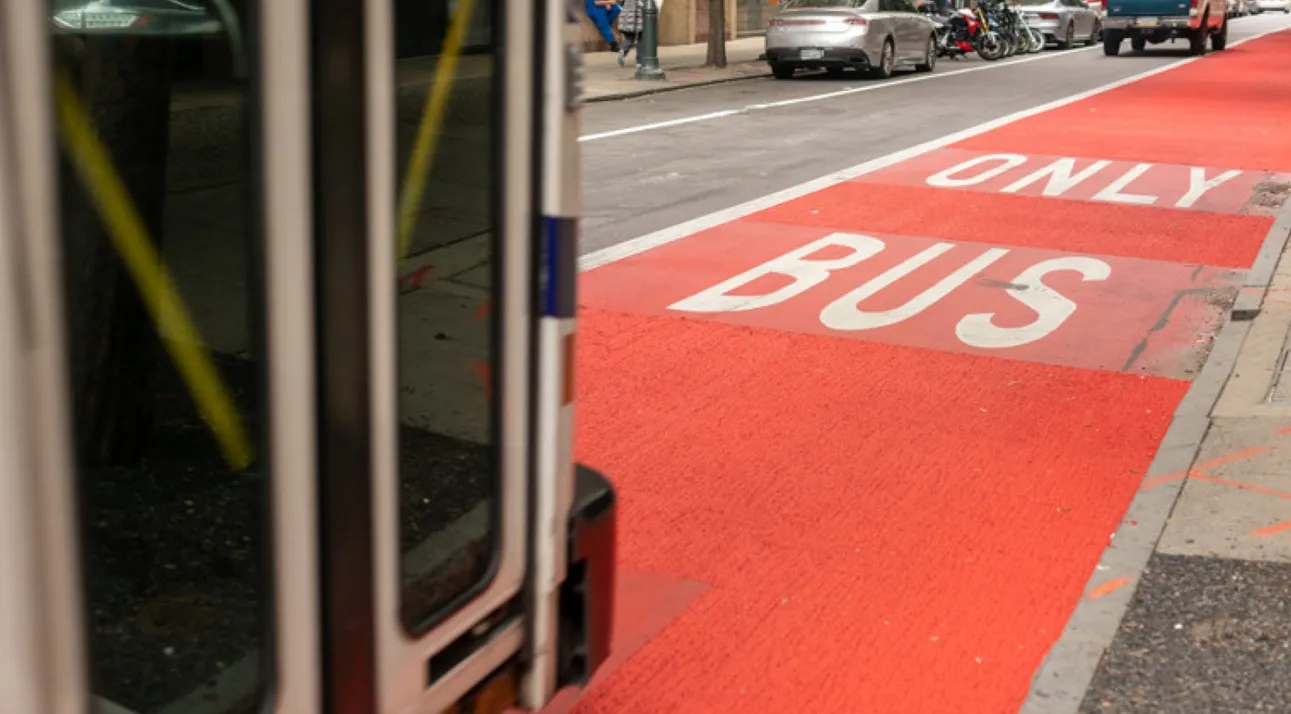Singapore is trialling average speed cameras on the Changi coastal road, which has been the site of many accidents, despite the speed limit being sent to 70 km/hour.
Spot speed cameras have been in use since 1992, but motorists will have a much harder time evading the new technology, which calculates a vehicle's average speed over a stretch to determine if it is breaching the speed limit.
The cameras are mounted on gantries at two different locations about four kilometres apart.
Singapore Road Saf
March 17, 2014
Read time: 1 min
Singapore is trialling average speed cameras on the Changi coastal road, which has been the site of many accidents, despite the speed limit being sent to 70 km/hour.
Spot speed cameras have been in use since 1992, but motorists will have a much harder time evading the new technology, which calculates a vehicle's average speed over a stretch to determine if it is breaching the speed limit.
The cameras are mounted on gantries at two different locations about four kilometres apart.
Singapore Road Safety Council vice-chairman Gopinath Menon described them as ‘a fairer method’ of enforcing speed limits.
Spot speed cameras have been in use since 1992, but motorists will have a much harder time evading the new technology, which calculates a vehicle's average speed over a stretch to determine if it is breaching the speed limit.
The cameras are mounted on gantries at two different locations about four kilometres apart.
Singapore Road Safety Council vice-chairman Gopinath Menon described them as ‘a fairer method’ of enforcing speed limits.









